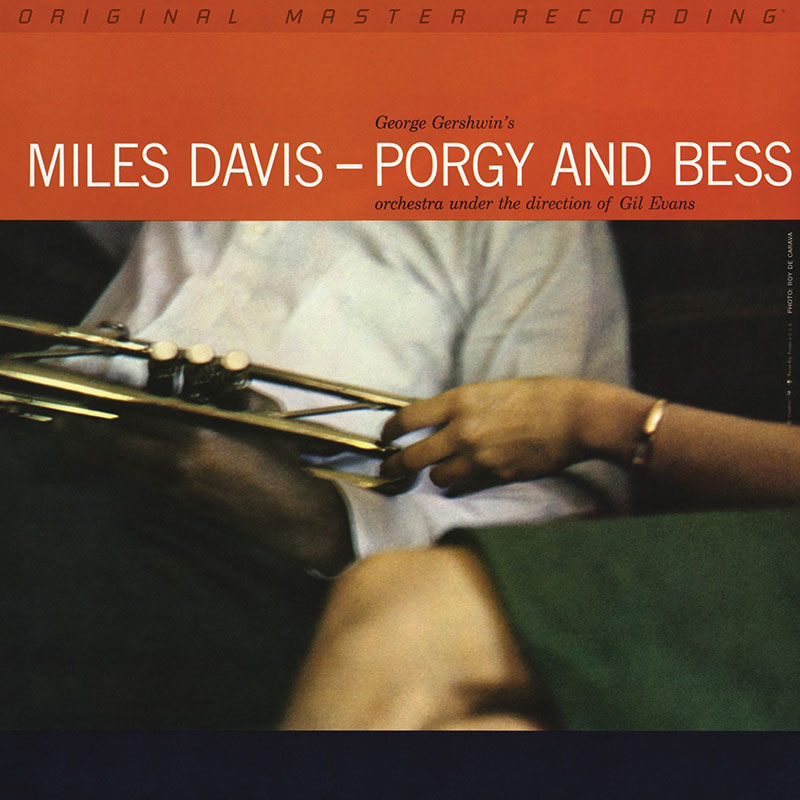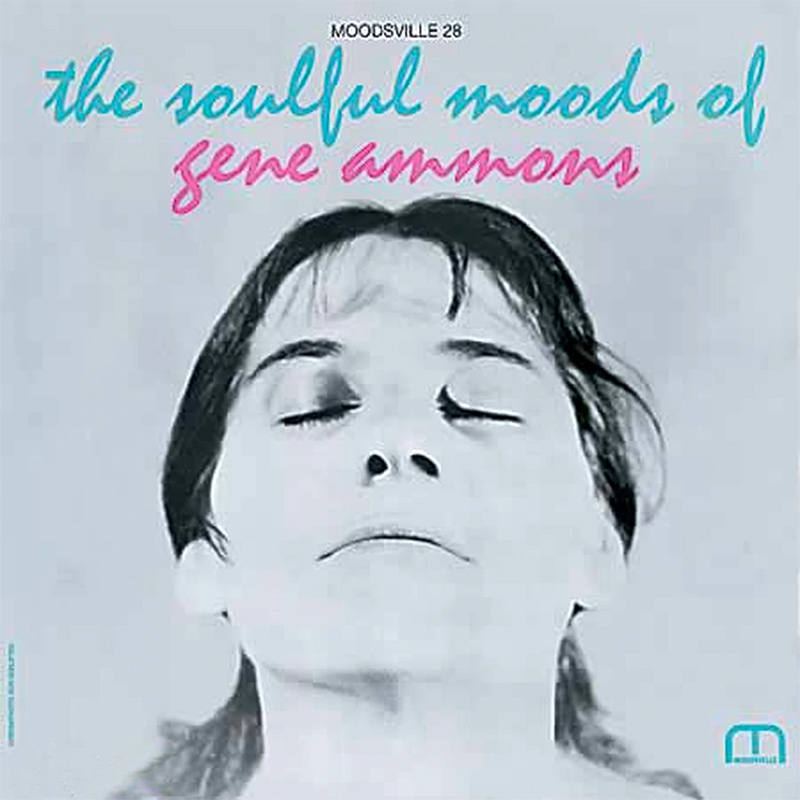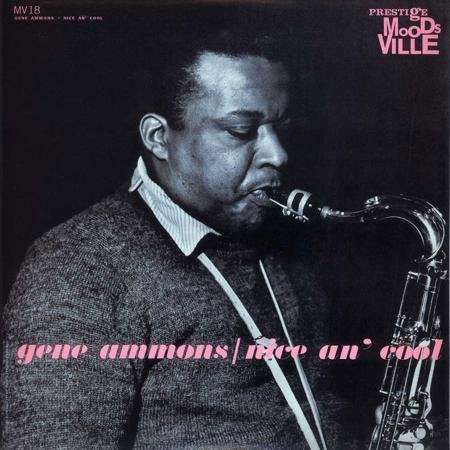Logowanie
Dlaczego wszystkjie inne nie brzmią tak jak te?
Chai Lang, Fan Tao, Broadcasting Chinese Orchestra
Illusive Butterfly
Butterly - motyl - to sekret i tajemnica muzyki chińskiej.
SpeakersCorner - OSTATNIE!!!!
RAVEL, DEBUSSY, Paul Paray, Detroit Symphony Orchestra
Prelude a l'Apres-midi d'un faune / Petite Suite / Valses nobles et sentimentales / Le Tombeau de Couperin
Samozapłon gwarantowany - Himalaje sztuki audiofilskiej
PROKOFIEV, Stanislaw Skrowaczewski, Minneapolis Symphony Orchestra
Romeo and Juliet
Stanisław Skrowaczewski,
✟ 22-02-2017
BARTOK, Antal Dorati, Philharmonia Hungarica
Dance Suite / Two Portraits / Two Excerpts From 'Mikrokosmos'
Samozapłon gwarantowany - Himalaje sztuki audiofilskiej
ENESCU, LISZT, Antal Dorati, The London Symphony Orchestra
Two Roumanian Rhapsodies / Hungarian Rhapsody Nos. 2 & 3
Samozapłon gwarantowany - Himalaje sztuki audiofilskiej
Winylowy niezbędnik
ClearAudio
Cartridge Alignment Gauge - uniwersalny przyrząd do ustawiania geometrii wkładki i ramienia
Jedyny na rynku, tak wszechstronny i właściwy do każdego typu gramofonu!
ClearAudio
Harmo-nicer - nie tylko mata gramofonowa
Najlepsze rozwiązania leżą tuż obok
IDEALNA MATA ANTYPOŚLIZGOWA I ANTYWIBRACYJNA.
Wzorcowe
Carmen Gomes
Celebrating the art and spirit of music - vol. 5 - Reference Songs
- CHCECIE TO WIERZCIE, CHCECIE - NIE WIERZCIE, ALE TO NIE JEST ZŁUDZENIE!!!
Petra Rosa, Eddie C.
Celebrating the art and spirit of music - vol. 3 - Pure
warm sophisticated voice...
SAMPLER - STS DIGITAL, Gregor Hamilton
Celebrating the art and spirit of music - vol. 2 - Love songs from Gregor Hamilton
...jak opanować serca bicie?...
SAMPLER - STS DIGITAL
Celebrating the art and spirit of music - vol. 1 - Leonardo Amuedo
Największy romans sopranu z głębokim basem... wiosennym
Lils Mackintosh
Celebrating the art and spirit of music - vol. 4 - A Tribute to Billie Holiday
Uczennica godna swej Mistrzyni
GERSHWIN, Miles Davis, Gil Evans
Porgy and Bess
- Miles Davis - Porgy and Bess
- 01. The Buzzard Song (4:09)
- 02. Bess, You Is My Woman Now (5:13)
- 03. Gone (3:39)
- 04. Gone, Gone Gone (2:05)
- 05. Summertime (3:21)
- 06. Bess, Yo Where's My Bess (4:31)
- 07. Prayer (Oh Doctor Jesus) (4:42)
- 08. Fishermen, Strawberry and Devil Crab (4:07)
- 09. My Man's Gone Now (6:21)
- 10. It Ain't Necessarily So (4:26)
- 11. Her Come de Honey Man (1:24)
- 12. I Loves You, Porgy (3:43)
- 13. There's a Boat That's Leaving Soon for New York (3:24)
- Miles Davis - trumpet
- Gil Evans - conductor
- GERSHWIN
Of all Gil Evans' orchestral scores for soulmate Miles Davis, PORGY AND BESS is his richest and most ambitious--a watershed of modern jazz harmony which served to secure Davis' pop star stature and define his brooding mystique. Inevitably, even non-jazz listeners own a copy of PORGY AND BESS or SKETCHES OF SPAIN. Like MILES AHEAD, Evans' band on PORGY AND BESS de-emphasized the traditional reed section in favor of a tuba, three French horns, two flutes and two saxophones. The resulting chords and overtones are dark, alluring and mysterious. Thus the opening brass-cymbal bluster of "The Buzzard Song" gives way to a mid-eastern carpet of flutes and deep brass as Davis' poignant trumpet speaks in split tones and yearning cadences, bursting with blues feeling; a tuba soon picks up the theme as muted trumpets are followed by tolling trombone/French horn chords. Each of the thirteen sections contrast lush instrumental details with intimate trumpet arias (which suggest the profound influence of Billie Holiday, particularly over the eerie textures of "I Loves You Porgy"). Evans' ability to orchestrate hypnotic call and response patterns with Davis, and his ability to layer multiple textures at contrasting tempos makes for several memorable moments: Philly Joe's dancing breaks and exchanges with Miles on "Gone," the church-like amens of "Gone, Gone, Gone," the counter-melodies on a lightly swinging "Summertime," Miles' sustained lyricism (and Evans' tart blue chordal rejoinders) on "Prayer," the brash after-hours swagger of "It Ain't Necessarily So," and the contrasting folkish themes of "Here Come De Honey Man." Timeless music.


























